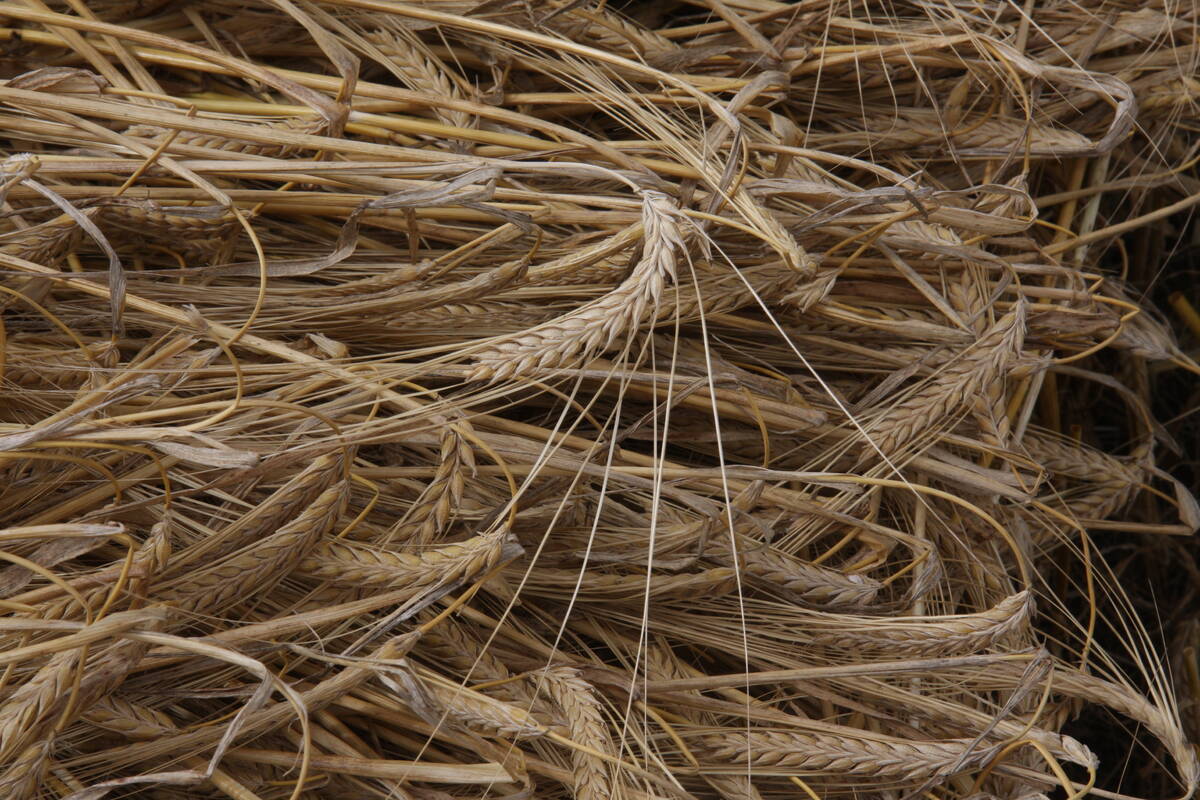OTTAWA – With the American political clock ticking toward the 1996 elections, Canadian trade officials are anxious to clear up outstanding agricultural trade irritants this year before U.S. politics overtake common sense.
A senior government trade official said last week that a strong effort will be made to reach a negotiated settlement on wheat issues by the end of the summer.
However, a dispute over Canadian import restrictions on supply management products may linger into early 1996, predicted Agriculture Canada trade specialist Mike Gifford.
“There certainly is pressure to resolve these things,” he said. “Everything gets much more complicated when governments become preoccupied with politics rather than good public policy.”
Read Also

Feedgrain prices expected to plummet
A massive U.S. corn crop is keeping a lid on Canadian feed barley prices.
Of the two, the wheat issue may turn out to be the least complicated.
The two governments await the June report of a bi-national commission established last year to try to find some way to reduce trade tensions between the two.
Meanwhile, Canada agreed to a one-year, 1.5 million tonne cap on sales south.
“We will get those interim recommendations in June and my guess would be that they will be the basis for the two countries to sit down during the summer to try to hammer out some long-term rules,” Gifford said.
Pressure for settlement
“On the grain side, there will be pressure on the two governments to come up with a negotiated settlement before the agreement ends in mid-September.”
In the meantime, Canada has been letting the U.S. know the wheat import cap cannot be extended beyond Sept. 12, despite some political pressure from the American wheat lobby and wheat state politicians.
“How could we agree to a rollover of the restriction for a further year, as some in Congress are suggesting,” trade minister Roy MacLaren asked a Chicago audience last week.
“Would it not be making a temporary restriction permanent? How would this fit our free trade relationship?”
The supply management issue could linger longer.
The Americans are challenging Canada’s decision to convert its supply management import restrictions into high tariffs that are scheduled to fall very slowly under world trade rules.
Eliminated in six years
The U.S. says the tariffs should fall to zero within six years under the North American Free Trade Agreement.
Gifford said trade ministers will meet in June to discuss the issue. Canada will not budge.
It is expected the U.S. eventually will ask for a NAFTA trade panel to decide the issue.
That likely would not report until at least early 1996.
Gifford said it is a complicated issue for the Americans because a decision against Canada on poultry, egg and milk would apply equally to American tariffs on durum wheat, sugar and products, dairy, peanut butter and cotton.
















